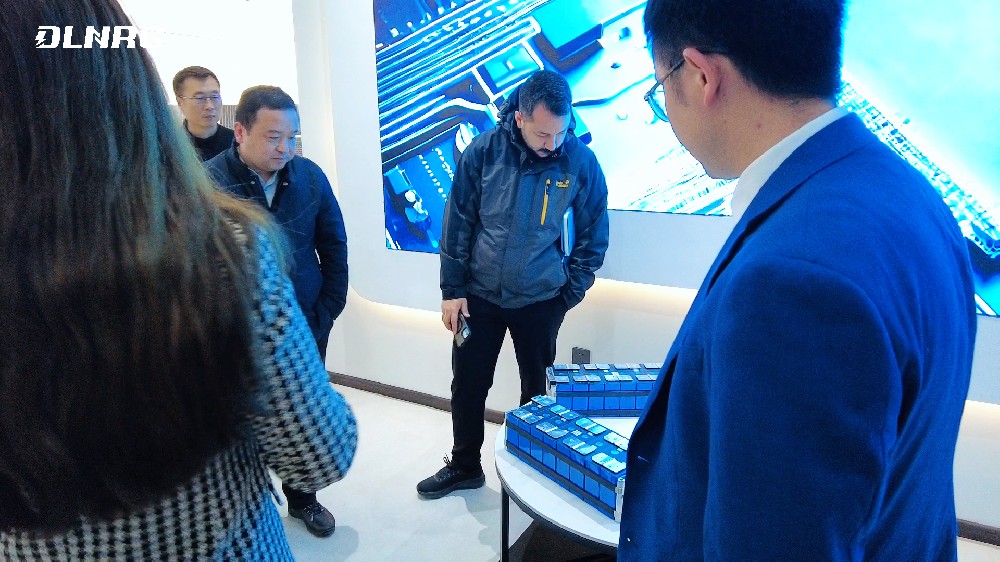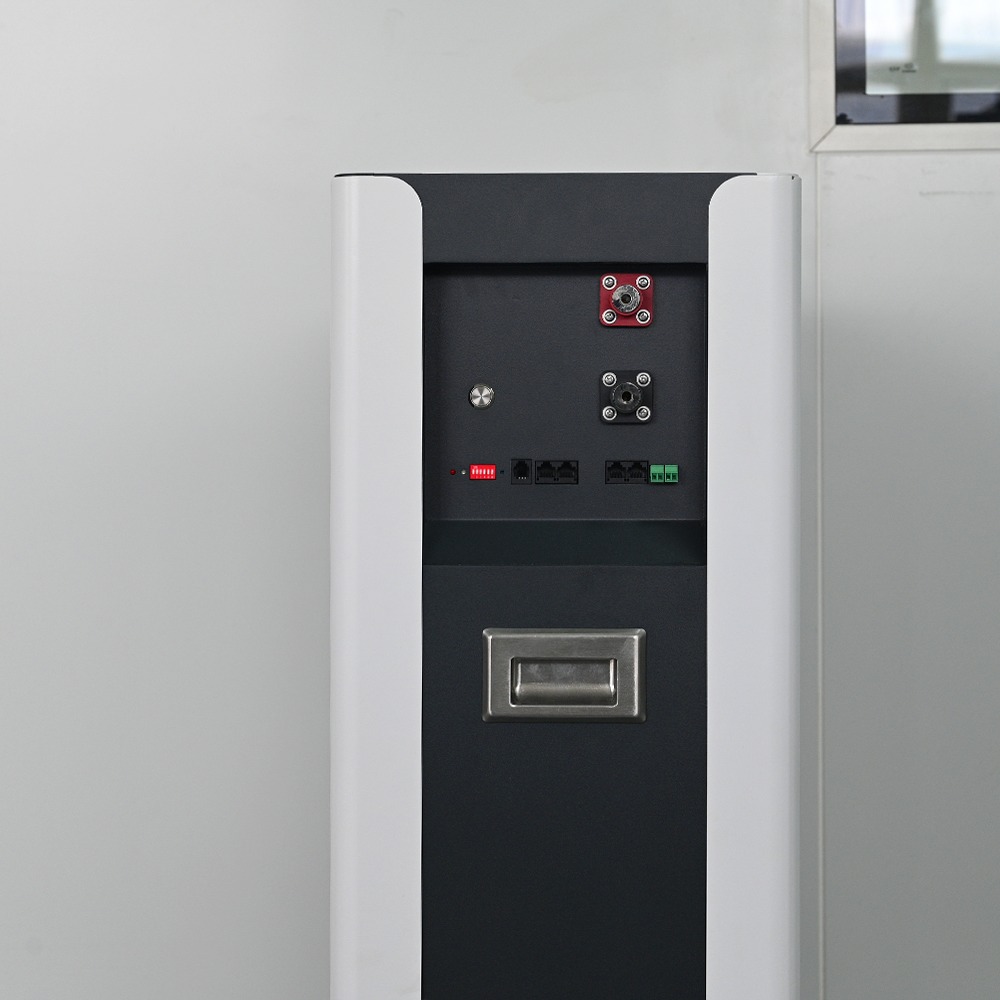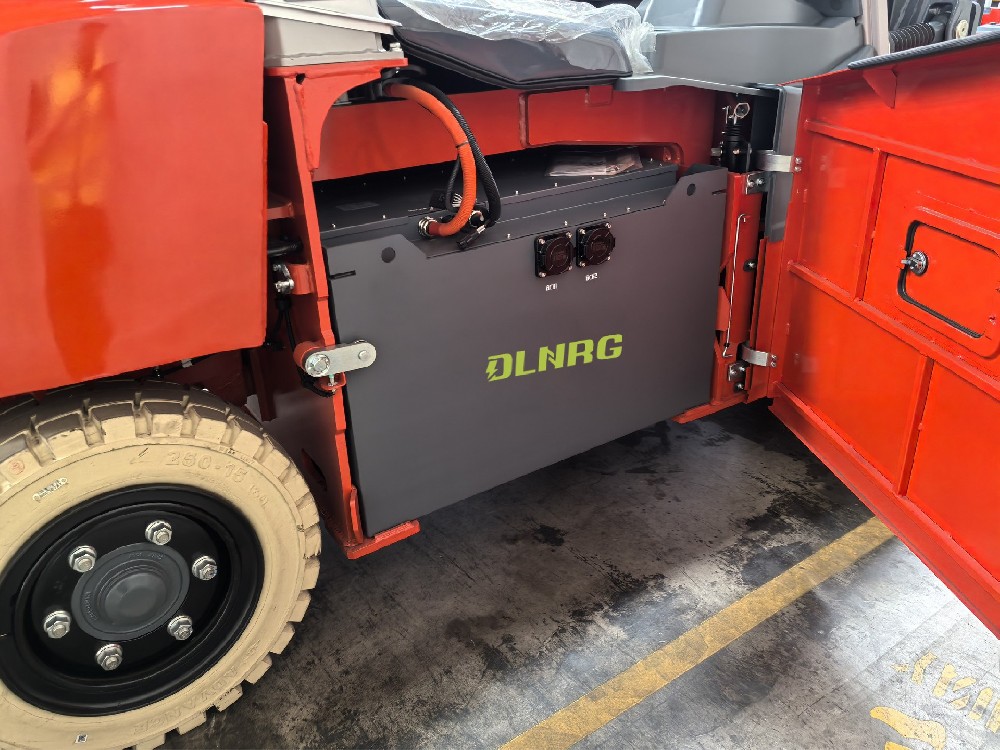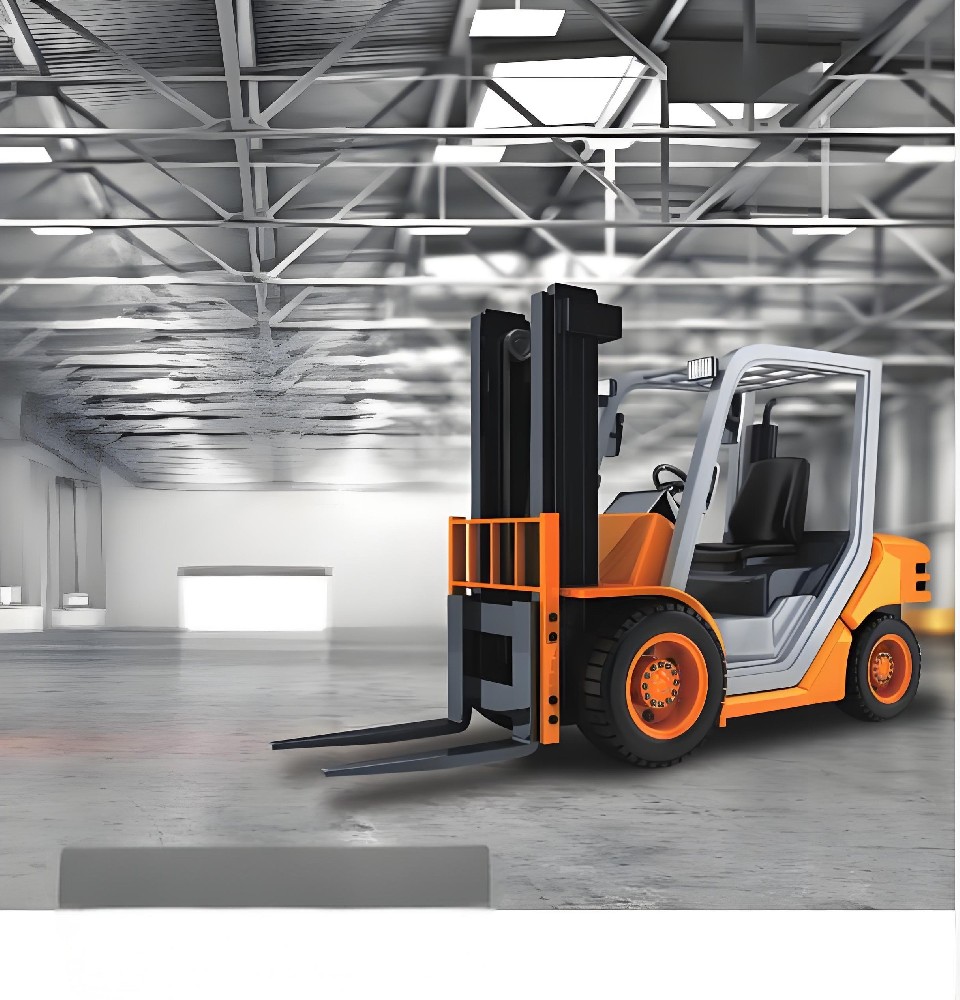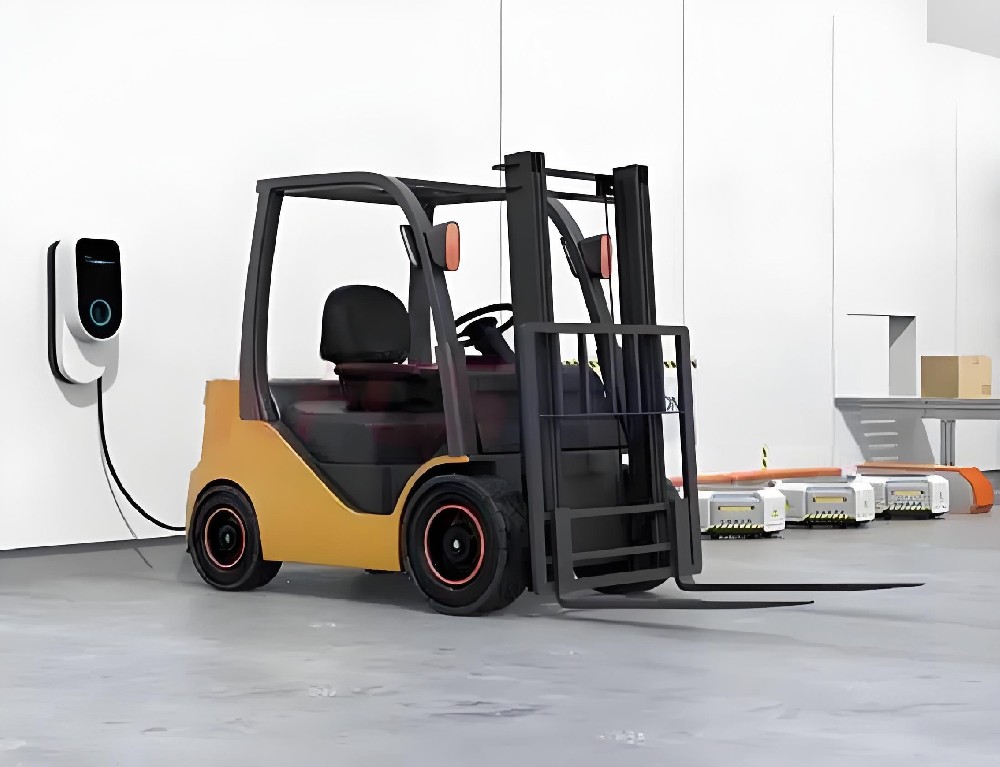In recent years, the forklift industry has significantly shifted towards electric-powered vehicles. Lithium batteries are at the forefront of this change, which offers numerous advantages over traditional lead-acid batteries. This article will explore the benefits of forklift lithium batteries and explain why they are becoming the preferred choice for modern warehouses.
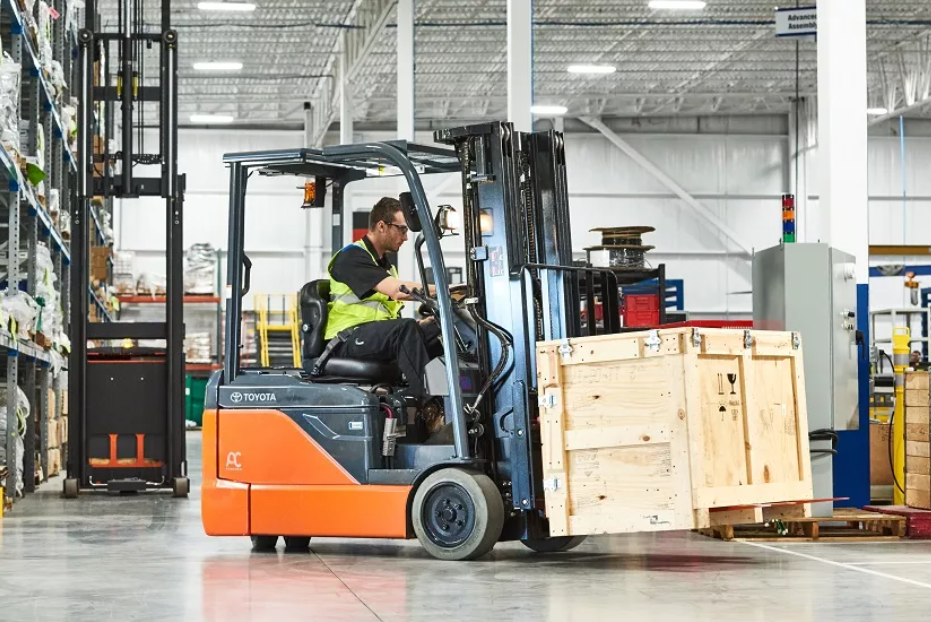
Longer Lifespan and Higher Efficiency
One of the main advantages of lithium batteries is their long lifespan. On average, a lithium battery can last up to 3,000 charge cycles, two to three times longer than a traditional lead-acid battery. This reduces the need for frequent replacements and minimizes downtime and maintenance costs.
Moreover, lithium batteries have a higher energy efficiency, meaning they can deliver more power per unit of weight. This increased efficiency translates into better performance and shorter charging times for your forklift fleet.
Enhanced Safety and Environmental Benefits
Safety is always a top concern in warehouse environments. Forklift lithium batteries offer several safety advantages over their lead-acid counterparts. For instance, they do not produce toxic fumes or gases during operation, which benefits workers and the environment.
Additionally, lithium batteries are more stable and less prone to thermal runaway, a phenomenon where a storm can suddenly release large amounts of heat and potentially cause a fire. This makes lithium batteries a safer option for warehouse use.
Regarding environmental impact, lithium batteries are more eco-friendly than lead-acid batteries. They do not contain hazardous materials like lead and sulfuric acid, making them easier to recycle and dispose of responsibly.
Faster Charging and Opportunity Charging
One of the most significant advantages of lithium batteries is their fast charging capabilities. They can be charged up to 80% of their capacity in as little as one hour, whereas lead-acid batteries can take up to eight hours to charge fully. This rapid charging feature allows forklift operators to set up their vehicles during breaks or downtime without affecting productivity.
Moreover, lithium batteries can be opportunity charged without negatively impacting their lifespan. This means they can be charged whenever available, even if they are not fully discharged. This flexibility in charging allows for more efficient energy use and better management of forklift fleets.
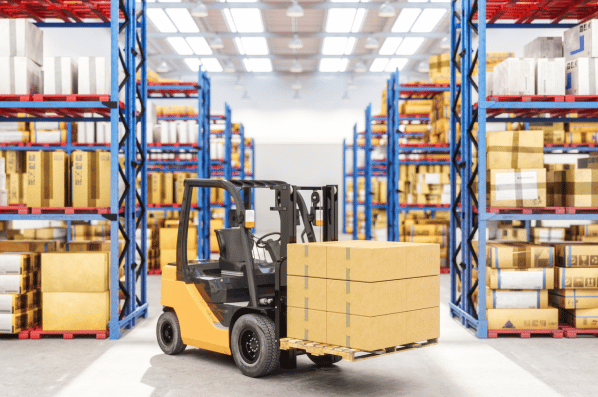
Reduced Maintenance and Lower Total Cost of Ownership
Lithium batteries require less maintenance than lead-acid batteries, as they do not require water top-ups or equalization charges. This saves time and reduces the risk of accidents caused by improper care.
While the upfront cost of lithium batteries may be higher than that of lead-acid batteries, the longer lifespan, reduced maintenance, and increased efficiency result in a lower total cost of ownership over time. This makes lithium batteries a cost-effective choice for warehouse operations in the long run.
Lightweight and Space-Saving Design
Another benefit of forklift lithium batteries is their lightweight and compact design. Lithium batteries are significantly lighter than lead-acid batteries, which can reduce the overall weight of the forklift and improve maneuverability. This weight reduction can save energy, as the forklift requires less power.
The compact size of lithium batteries allows for more efficient use of space within the warehouse. This can lead to better organization, increased storage capacity, and easier battery replacement and maintenance.
Enhanced Performance in Extreme Conditions
Forklift lithium batteries have a wide operating temperature range, making them suitable for use in various environments, including extreme cold or heat. They can maintain their performance and capacity in temperatures as low as -20°C (-4°F) and as high as 60°C (140°F), whereas lead-acid batteries may suffer from reduced capacity and efficiency in such conditions.
This adaptability to different environments ensures that your forklift fleet can remain operational and productive regardless of external factors or climate.
Customizable and Scalable Solutions
Lithium batteries can be customized to meet the specific needs of your warehouse operations. They can be designed to accommodate different voltage and capacity requirements, making them compatible with a wide range of forklift models and applications.
Moreover, lithium battery systems can be easily scaled up or down as your business grows or changes. This flexibility allows you to optimize your forklift fleet and energy storage solutions to match your evolving needs, ensuring you always have the most efficient and cost-effective power solution.
Smart Battery Management Systems
Forklift lithium batteries are often equipped with advanced battery management systems (BMS) that monitor and optimize battery performance, ensuring they operate at their peak efficiency. These systems can track critical parameters such as voltage, current, temperature, and state of charge, allowing for real-time adjustments to maintain optimal performance.
A BMS provides valuable insights into battery health and performance trends, enabling proactive maintenance and replacement decisions. This information can help warehouse managers make informed decisions about their forklift fleet, maximizing uptime and reducing operating costs.
Conclusion Forklift lithium batteries offer numerous advantages over traditional lead-acid batteries, making them an ideal choice for modern warehouses. Their longer lifespan, increased safety, faster charging capabilities, and lower total cost of ownership make them a valuable investment for businesses looking to optimize their operations and reduce environmental impact. As the forklift industry continues to evolve, lithium batteries are set to play a crucial role in shaping the future of warehouse logistics.
